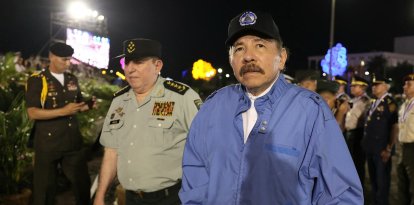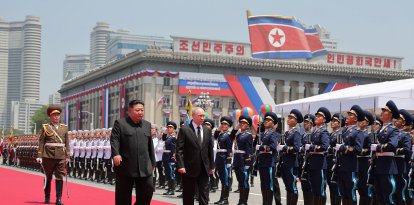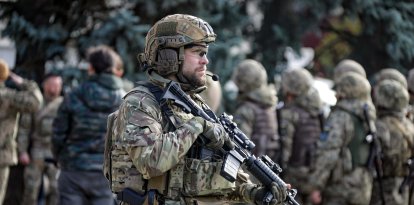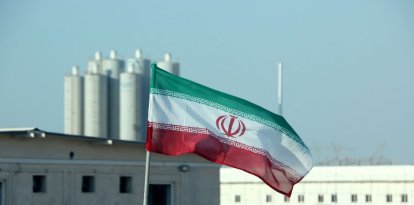North Korea ratchets up tension by firing two new missiles
Pyongyang's launch was an "unprecedented response" to U.S. joint military drills with Japan and South Korea.
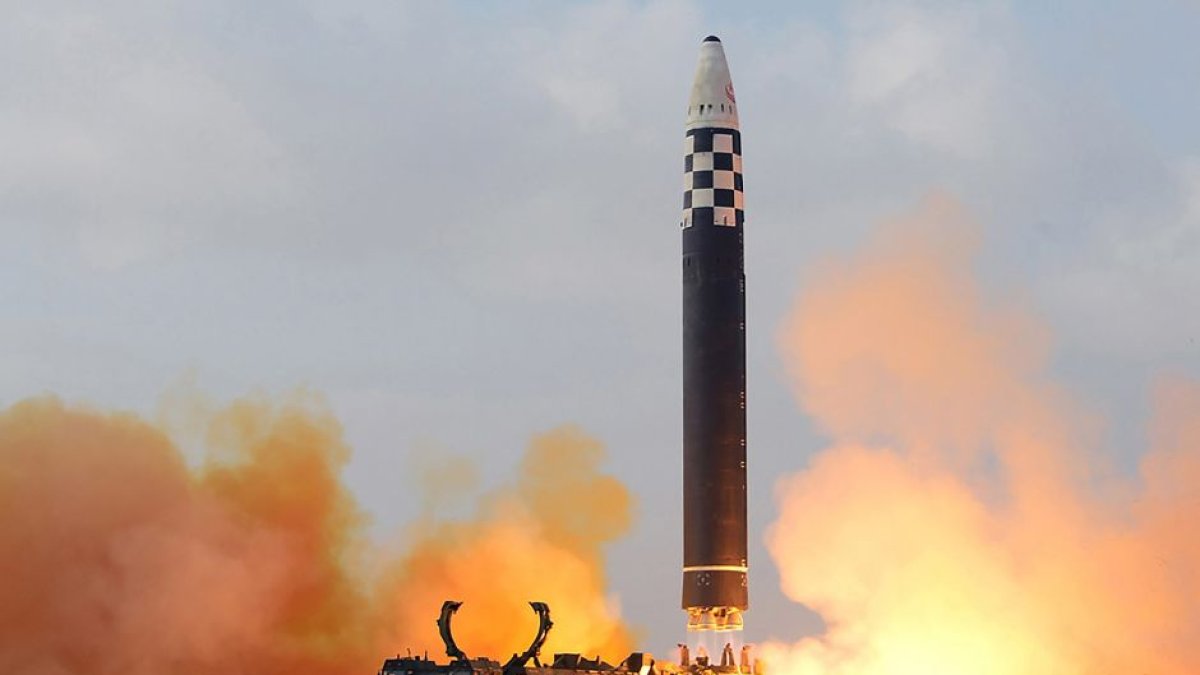
(KOREAN CENTRAL NEWS AGENCY / KOREA NEWS SERVICE)
South Korea reported the launch of two short-range ballistic missiles from North Korea on Monday morning, while the Japanese coastal patrol is studying whether more were detected on the edge of its maritime exclusion zone. This is a new escalation by the Pyongyang regime, in response to the joint military drills held by the U.S. along with Japanese and Korean forces separately a day earlier. Kim Yo-jong, sister of North Korean Supreme Leader Kim Jong-un, issued a statement warning that they will continue with the launches and accusing the U.S. of being "the worst maniacs."
North Korea tested missiles that could reach the U.S.
Last Saturday, Kim Jong-un's government fired a Hwasong-15 ICBM missile that landed in waters between the Korean peninsula and Japan, with no warning to either country. It is a nuclear-capable projectile that could reach U.S. territory. Following the launch, the first since Jan.1, North Korean officials accused the U.S. of provoking the escalation in a statement obtained by state news agency KCNA.
The U.S. will take "all necessary measures"
The U.S. responded by sending supersonic B-1B bombers that flew over the area in separate exercises with South Korean and Japanese fighter jets. National Security Council spokeswoman Adrienne Watson said in a statement that they will take all "necessary measures" to ensure the security of the U.S. homeland as well as that of South Korea and Japan. From Seoul, the Presidential National Security Council pointed out that their military alliance with the U.S. allows them to further increase their "overwhelming response capability" in the face of possible aggression from their northern neighbors.













